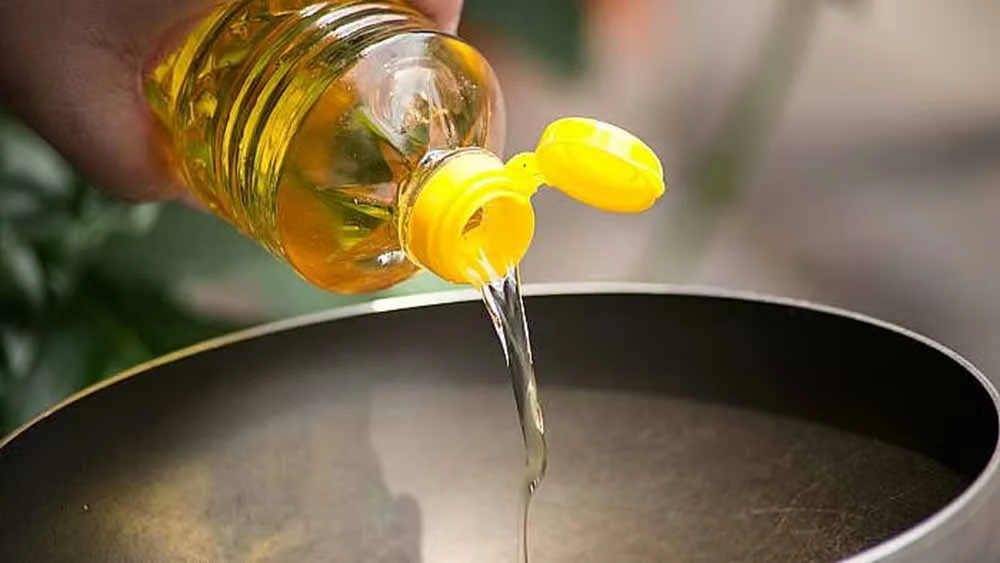Saturday, 21 February 2026

The Soybean Processors Association of India (SOPA) has strongly opposed the Government of India’s recent decision to reduce customs duty on crude edible oils by 11 per cent, effective May 30, 2025. In a formal representation to the Union Ministers of Commerce & Industry and Consumer Affairs, SOPA raised concerns over the move’s potential to destabilize India’s domestic oilseed economy and derail progress toward self-reliance in edible oils.
In a detailed letter, SOPA Chairman Dr. Davish Jain warned that the duty cut would result in an influx of cheaper imported oils, depress domestic prices, and nullify the benefits of the recently increased Minimum Support Price (MSP) for oilseeds. “This will discourage oilseed cultivation, especially in the ongoing Kharif season, and could push farmers toward alternative crops like paddy and maize,” Dr. Jain cautioned.
The policy change comes at a time when India’s inflation rate has fallen to a historic low of 3.16 per cent in April 2025, reducing the urgency for drastic anti-inflationary measures. SOPA contends that such a duty reduction is ill-timed and could significantly harm farmer incomes, particularly when small and mid-sized processing units are already struggling with negative margins, weak oil meal demand, and high input costs.
Dr. Jain further emphasized that India’s long-term edible oil security and self-sufficiency goals could suffer a serious setback. The lower duty regime is expected to make soybean cultivation economically unviable, potentially leading to a decline in acreage and discouraging investment in domestic processing infrastructure.
Moreover, the impact extends beyond borders. SOPA flagged concerns that the competitiveness of Indian soybean meal in international markets will worsen due to high domestic prices and mandatory blending of Distillers Dried Grains with Solubles (DDGS), further hurting export prospects.
To address the fallout and protect India’s oilseed ecosystem, SOPA has recommended a series of policy interventions. These include restoring or dynamically adjusting import duties based on global benchmarks, maintaining a 15–20 per cent duty differential between crude and refined oils to support domestic refining, and suspending duty-free imports under trade pacts such as SAFTA. SOPA has also called for the imposition of a minimum import price (MIP) to prevent market distortion.
Additional suggestions include reviving the Bhawanter (price compensation) scheme, ensuring robust MSP procurement, and providing high-yielding seeds and modern farming technologies to enhance productivity. To support processors and exporters, the association has urged the government to reinstate export incentives under the MEIS scheme, raise the RoDTEP rate to 9 per cent, and offer transport and freight subsidies for soybean meal exports.
SOPA also stressed the importance of accelerating flagship programs like the National Edible Oil Mission and National Food Security Mission–Oilseeds, with targeted initiatives such as farmer training, quality seed distribution, power and fuel subsidies for crushing units, and low-interest loans for plant modernization.
“While we respect the government’s larger economic strategy, this policy threatens to undo hard-won gains in India’s path to atmanirbharta (self-reliance) in edible oils,” said Dr. Jain. “It endangers millions of farmer livelihoods and undermines the viability of our processing industry. We urge the government to reconsider and adopt a balanced, farmer-centric approach.”